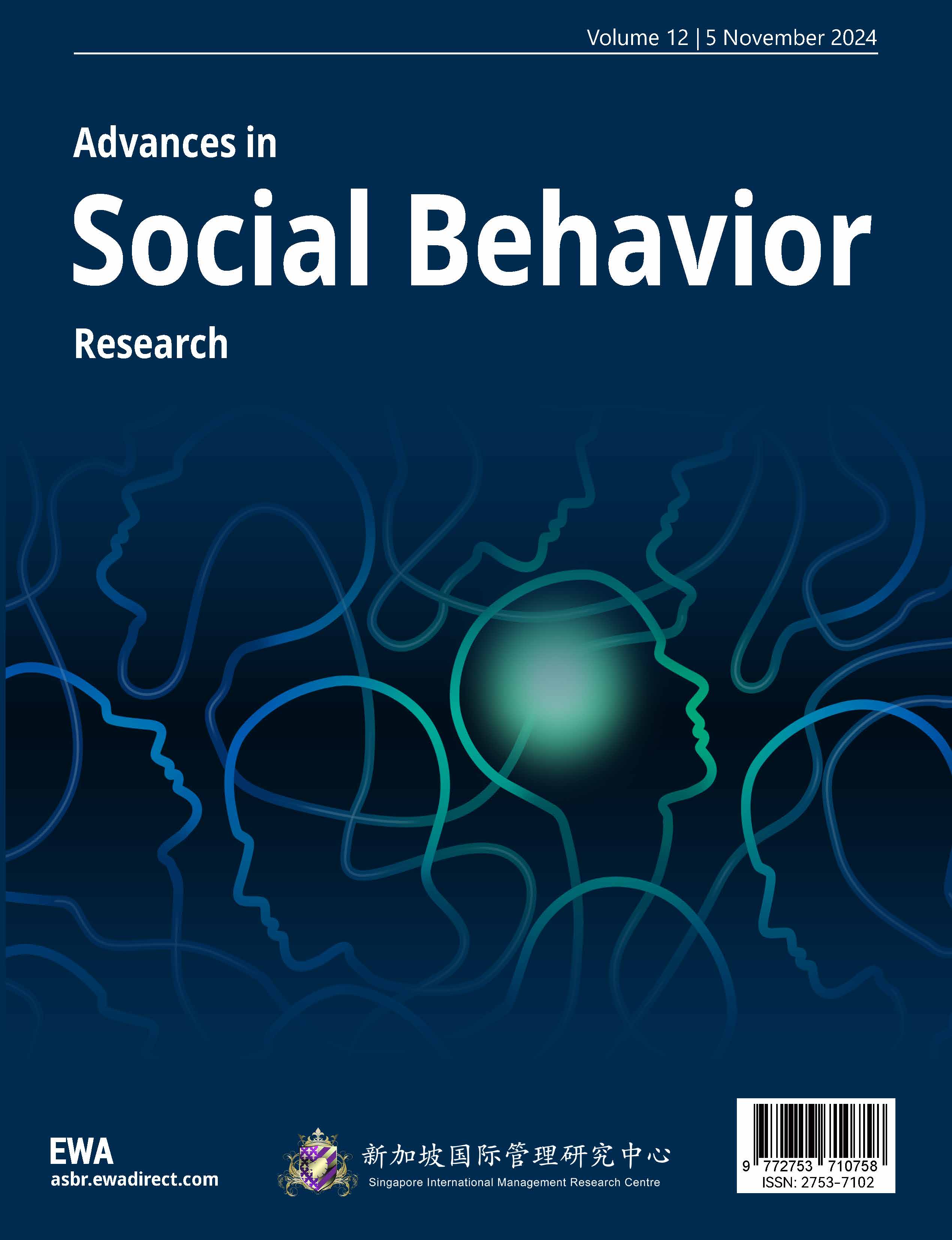References
[1]. Guimarães, J. A., & Almeida, E. C. E. d. (2012). Quality Assurance of Post-Graduate Education: The Case of CAPES, the Brazilian Agency for Support and Evaluation of Graduate Education.Higher Learning Research Communications, 2(3), 3-11. https: //doi.org/10.18870/hlrc.v2i3.78
[2]. Zhou, Z., & Yang, S. (2025). The Construction of Evaluation Index System of Full-Time Professional Degree Graduate Education Based on SERVQUAL.Journal of Service Science and Management,18(3), 224-235. https: //www.scirp.org/journal/jssm
[3]. Zhang, Y., & Chen, X. (2023). Empirical Analysis of University–Industry Collaboration in Postgraduate Education: A Case Study of Chinese Universities of Applied Sciences.Sustainability, 15, 6252. https: //doi.org/10.3390/su15076252
[4]. Cowling, M., Crawford, J., Allen, K.-A., & Wehmeyer, M. (2023). Using Leadership to Leverage ChatGPT and Artificial Intelligence for Undergraduate and Postgraduate Research Supervision.Australasian Journal of Educational Technology, 39(4), 89-103.
[5]. Mohzana, M. A., Pranawukir, I., Mahardhani, A. J., & Hariyadi, A. (2024). Quality Assurance System in Improving the Quality of Education in Schools.Jurnal Manajemen Pendidikan, 6(1), 115-123. https: //doi.org/10.55352/mudir
[6]. Courtney, C., Janicki, J. S., & Russel, B. (2005). Quality Assessment of Graduate Programs.Journal of Veterinary Medical Education (JVME), 32(3), 324. https: //utppublishing.com/doi/pdf/10.3138/jvme.32.3.324



